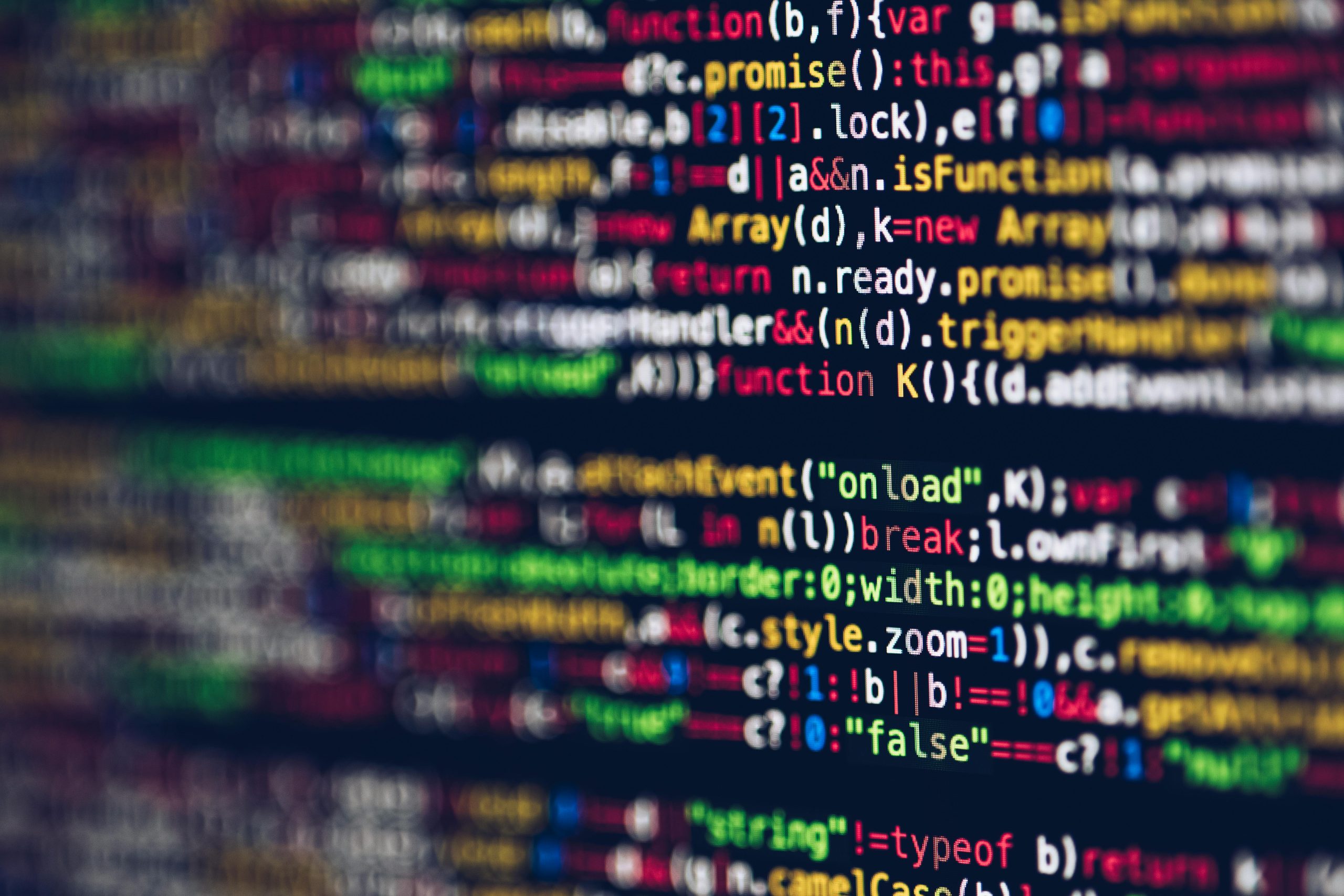Interestingly enough, I started giving more thought to this whole simulation hypothesis. It’s the idea that our entire reality may be a sophisticated virtual environment created by more advanced beings, be they future humans or some other technologically superior entities. Initially, it sounded like just another far-fetched sci-fi plot, but as I delved deeper into both scientific and philosophical perspectives, I found layers of rationality to it.
The crux of the theory is laid out in several compelling arguments. First, the rapid progression of technology hinting towards the eventual creation of highly realistic and immersive simulations. We already see remarkable advancements in virtual reality and Artificial Intelligence, inching us toward blurring the lines between what’s real and what isn’t.
Professor Nick Bostrom’s simulation argument is one of the most notable frameworks for this theory, suggesting that if humans could develop such simulations, and assuming societies usually don’t become extinct before reaching that stage, then we’re likely living in such a simulation because the number of simulated realities could far outnumber the single base reality.
Moreover, quantum physics lays out a reality that doesn’t align with our intuitive understanding of the world, fueling the speculation that we might be encountering the limits of a programmed universe. Phenomena like particles existing in multiple states until observed and the peculiarities of quantum entanglement all present mysteries that make the simulation idea more alluring.
While I remain critically skeptical, approaching it as a compelling ‘what if’ scenario rather than a firm belief, the convergence of philosophy, computing, and fundamental physics offers a riveting contemplation that challenges our understanding of existence itself.



